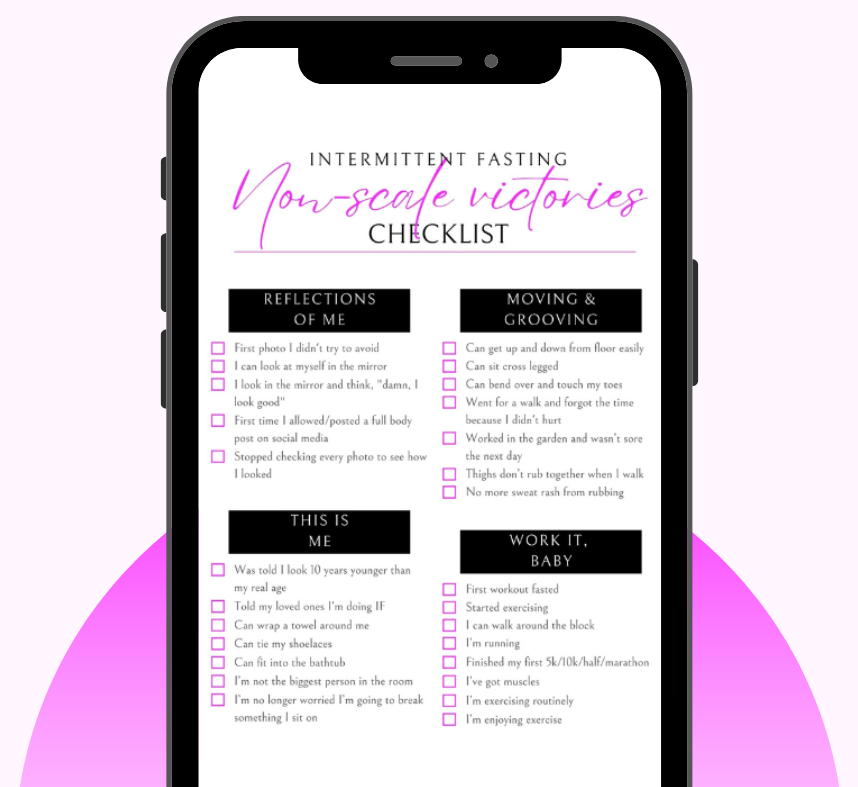Your cart is currently empty!
The illuminating practice of contemplation

Life is busy, and the idea of taking time to dig deep into our personal ideas, truths and beliefs often gets pushed aside as something we’ll do when things slow down. But how would your life change if you took that time now?
When you take time to contemplate, you engage in a deliberate inward journey, examining your thoughts, feelings, and experiences about a topic or issue with curiosity and openness. Contemplation involves exposing your truth, comparing them with reality, making connections and rearranging ideas so that you can build a more complete picture of your life. With each session, you’ll gain a deeper understanding of yourself and the world around you. Your thoughts and beliefs shape who you are and so contemplating them is an act of connecting with your authentic self.
By probing your thoughts you start to question your beliefs and assess what serves you and what holds you back. Being open to new ideas, beliefs, and thoughts without judgment requires acknowledging imperfections and embracing new perspectives. This vulnerability is the foundation for genuine personal growth. You can establish new thoughts, choose what to let go of and what to build upon.
To contemplate, you have to make time for yourself without interruptions. Find a space, or more if needed (when I’m contemplating a complex issue, I find it helpful to change my surroundings throughout the process. A new environment stimulates fresh thoughts and insights, so that I can approach it from different angles.)
Even short periods of focused thought can bring valuable insights. Start with 5 minutes, and depending on the topic, you can extend it from there. The last thing you want is to be finally getting answers that make sense to you, then have to abandon the effort because something else is taking your attention.
Lose yourself in the exploration, asking questions about your thoughts, feelings, and underlying motivations. For example, if you’re struggling with continuing intermittent fasting, you can ask yourself why you think that is. Explore the first thought that pops into your head. Why do you think that way? What does it mean to you? How do you feel about it? What are the implications for you if you keep thinking that way? What if you viewed it differently?
If it’s been a while since you’ve taken time to be with your thoughts, it may be hard to concentrate at first. The more you practice contemplation, the easier you’ll find keeping your mind on the process. If your mind wanders to disconnected thoughts, gently bring it back to your last relevant thought. It’s also good to consider if the thought is totally irrelevant. Has your mind brought it to your attention for a reason?
Keep a pen and paper, or some form of note taking, handy so that you can write down your revelations. Sometimes we can get bogged down with trying to remember the thought and miss the opportunity to continue digging deeper into the heart of the subject. Writing notes allows you to continue exploring without having to remember everything. Also, writing down your reflections can help you process information and make new connections.
Contemplation is a journey of self-discovery. There’s a sense of excitement and wonder that can be felt when connections are made, new ideas are introduced and revelations come to you. This enlightenment can have a powerful effect, but can also be scary as it may uncover beliefs you didn’t realize you have and aren’t prepared for. However, continue to give yourself grace and know that you can work through these.
Remember, contemplation is a skill that develops with practice. By making the time for contemplation in your life, you’re investing in your personal growth, your well-being and the realization of your goals and dreams.

Get your 180 non-scale victories checklist
Are you tired of feeling trapped by the numbers on the scale? It’s time to shift your focus and discover the victories that truly matter on your wellness journey.
